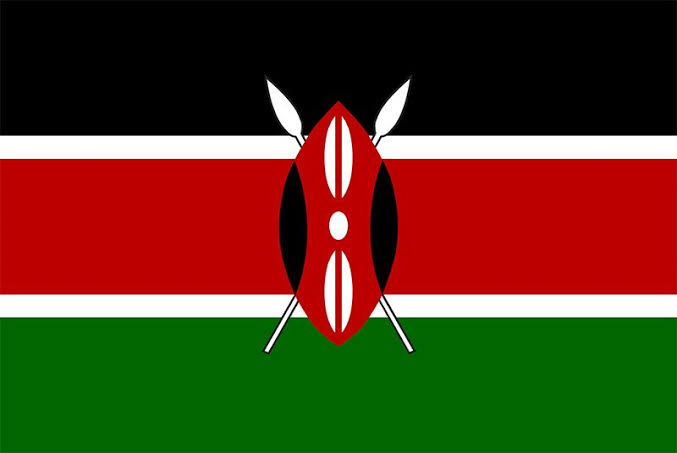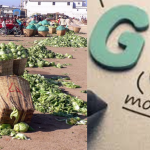
Kenyan Smallholder Farmers Await Landmark Court Ruling on Seed Sovereignty

As the High Court prepares to deliver a landmark ruling on November 27, 2025, smallholder farmers across Kenya anxiously await the outcome. The verdict could redefine the future of seed ownership, food sovereignty, and agricultural freedom in the East African nation.
At the centre of the case is a challenge to Kenya’s 2012 Seed and Plant Varieties Act (Cap 326). This law criminalises traditional farming practices such as saving, sharing, or exchanging indigenous seeds. These customs have not only sustained communities for generations but also preserved the country’s agricultural biodiversity.
Under the current law, farmers who engage in these traditional seed-saving practices face up to two years in prison or fines of up to KES 1,000,000, or both. The law, while framed as a means to promote a competitive seed industry, overwhelmingly favours multinational seed corporations at the expense of local farmers and indigenous knowledge systems.
Since September 2022, a group of approximately 15 farmers, backed by organisations such as Greenpeace Africa, the Seed Savers Network, and the Biodiversity and Biosafety Association of Kenya (BIBA), has fought to overturn these restrictions. They argue that Cap 326 violates their constitutional rights and undermines Kenya’s food security by making farmers dependent on commercial seed companies.
Such draconian seed laws have paved the way for a neo-colonial capitalistic culture of exploiting farmers, by encouraging corporate control over seeds and the food system in Kenya,” said Claire Nasike, Campaigner at Greenpeace Africa.
This legal battle is about more than just Kenya. Across Africa, similar restrictive seed laws are being introduced, often under the banner of “modernisation”, that tilt the balance of power toward foreign agribusinesses and away from community-based agriculture. One major player is the Alliance for a Green Revolution in Africa (AGRA), backed by the Bill & Melinda Gates Foundation, which has been criticised for promoting industrialised farming models across the continent.
A court decision in favour of Kenya’s smallholder farmers could have regional significance, providing a legal precedent for farmers’ rights and seed sovereignty movements across Africa.
For smallholder farmers, the outcome is not just legal, it is existential. Traditional seed practices enable farmers to save part of their harvest for the next planting season, thereby fostering resilience in the face of climate change, economic shocks, and market fluctuations. These seeds are often better adapted to local conditions and preserve Kenya’s rich agricultural biodiversity.
A favourable ruling could restore these rights and help resist the corporatisation of African agriculture. Conversely, an unfavourable ruling could entrench private control over Africa’s food systems, accelerate genetic erosion, and worsen food insecurity.
With judgment day drawing near, all eyes are on the Kenyan High Court. A victory for smallholder farmers would mark a critical moment in the global struggle for agricultural justice, signalling a shift away from neoliberal models of food production toward community-centred resilience and autonomy.
West Africa Weekly will continue to monitor this case as it unfolds.
Read More:
- Nigeria’s Super Falcons Win Record 10th WAFCON Title in Thrilling Comeback Over Morocco
- Why Shipping Between African Countries Is More Expensive Than Trading With Europe or Asia
About The Author
Mayowa Durosinmi
author
M. Durosinmi is a West Africa Weekly investigative reporter covering Politics, Human Rights, Health, and Security in West Africa and the Sahel Region
Mayowa Durosinmi
M. Durosinmi is a West Africa Weekly investigative reporter covering Politics, Human Rights, Health, and Security in West Africa and the Sahel Region
Related Articles
AES Condemns Niamey Airport Attack, Warns of Coordinated Destabilisation
The Alliance of Sahel States has strongly condemned the armed attack on...
ByWest Africa WeeklyFebruary 2, 2026Mali Cedes Strategic Land to Guinea to Deepen Trade Cooperation
Mali has approved the transfer of a strategic parcel of land to...
ByWest Africa WeeklyFebruary 2, 2026Senegal to Appeal CAF Sanctions After AFCON Final Controversy
Senegal has announced plans to formally appeal the sanctions imposed by the...
ByWest Africa WeeklyFebruary 2, 2026Burkina Faso Takes Legal Step Toward Nuclear Energy Development
Burkina Faso has voted to join the Vienna Convention on Civil Liability...
ByWest Africa WeeklyFebruary 2, 2026












Leave a comment